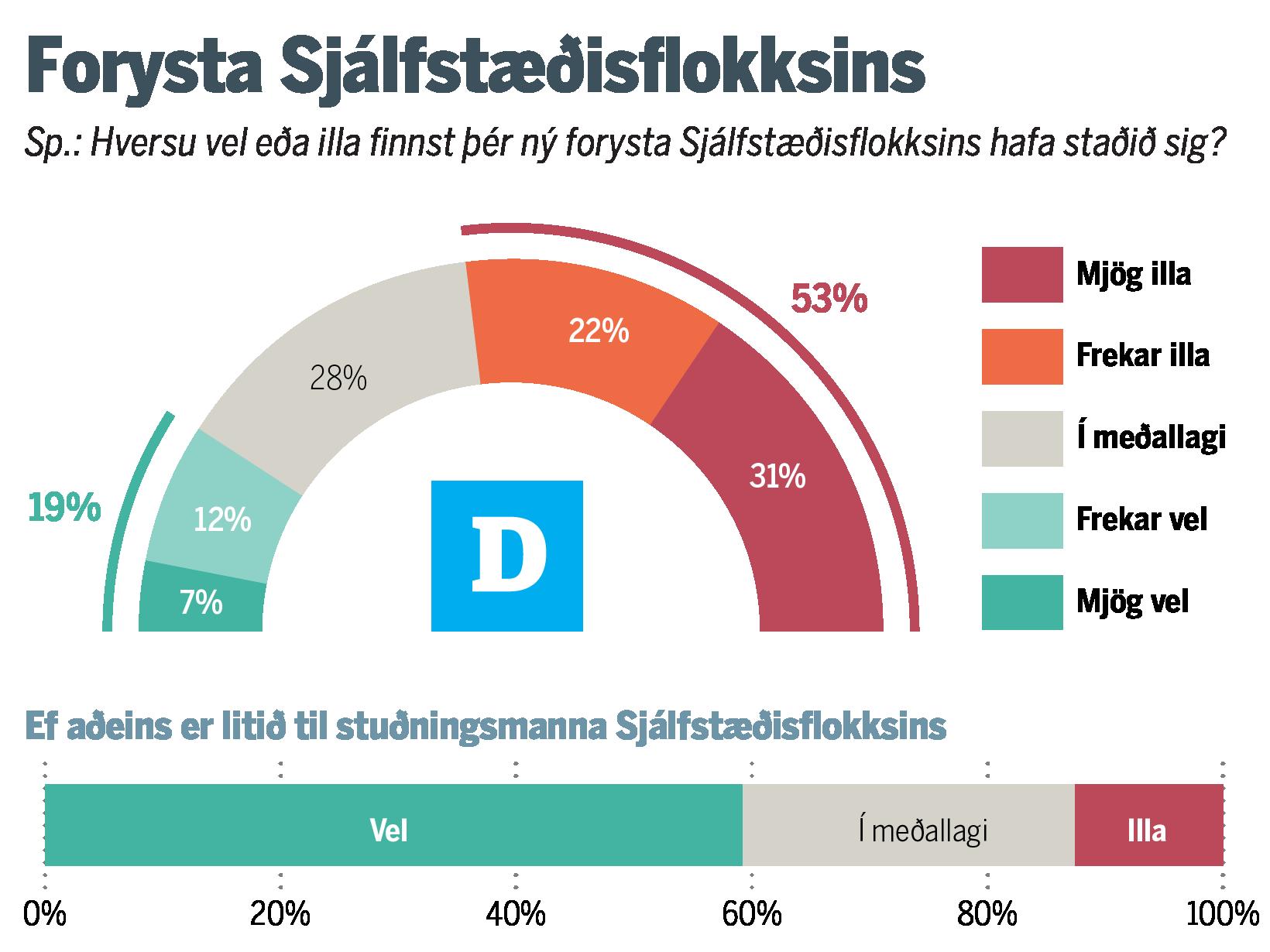Risks lead centen to ask for ‘stability in Portugal’

Mario Centeno called on the stability to face the challenges ahead. « The word uncertainty is a word that economic policy decision makers should use with a lot of parcimonia, because when we say we face an uncertain world, we have to know how it resonates, how this is the ultimate object of our decisions, » said the governor of Banco de Portugal (BDP) during the presentation of the financial stability report.
A message seen naturally by João César das Neves: « Given the next government is certainly minority, it is an appeal to the responsibility of the oppositions. »
Also Paulo Monteiro Rosa, senior economist at Banco Carregosa, admits that “in a context marked by external uncertainties, especially the Erratic US trade policy and pressure on the public accounts of most advanced economies, political and institutional predictability is a determining factor, directly influencing investors and markets, conditioning the conduct of the budgetary policy of a government, ensuring greater stability and security to families and safety and safety companies in their planning and economic decisions.
Monteiro Rosa recalls that stability allows you to define and apply long -term policies, implement reforms and align expectations between different economic agents, ensuring continuity of economic policies and improving the country’s risk perception by international markets, so that ‘it should be seen not only as an institutional value, but also as an economic good with direct impact on public finance and sustainability.’
The BDP document draws attention to the fact that the risks to financial stability have become accentuated, reflecting ‘adverse developments in global economic activity associated with the greater unpredictability of US economic policies, which joins a context of high geopolitical uncertainty’.
Despite recognizing that the direct impact on Portugal from the change in US commercial policy may be « limited and limited in sectoral terms » and mainly penalizing the most export -oriented sectors, namely industry and, to a lesser extent, trade, the Central Bank points to the indirect effects that may condition « investment and consumption decisions, may worsen economic activity and financing conditions ».
And, in view of this scenario, the BDP also considers that it is “fundamental to maintain the trajectory of the reduction of the ratio of Portuguese public debt, respecting the criteria of sustainability and the budgetary norms of the European Union, despite the consolidation of public accounts in the last decade.
The alert is not new. Later this week, the International Monetary Fund (IMF) said that Portugal should bet on a more flexible budget policy this year due to the economic impact of commercial tensions caused by US tariffs, asking even more public investment to increase long-term growth. « When we look at our long -term budget forecast, Portugal should continue to have a primary surplus and reduce public debt, » said the director to IMF Europe, Alfred Kammer.
John César das Neves also states that « we are entering a period that is expected to be of greater international turbulence » and, as such, « recent budget successes are far from guaranteed for the future. Therefore, added attention to the financial situation is of the most elementary common commonplace. But I doubt it is heard, ”he admits.
Already Paulo Monteiro Rosa recalls that a more flexible budgetary policy without questioning the sustainability of public accounts allows governments to accommodate shocks, support vulnerable sectors and maintain some margin of maneuver to respond to external risks. « Balance is to adapt the pace of budgetary consolidation to macroeconomic conditions, ensuring fiscal responsibility without asphyxing the economy, » recalling that this IMF warning meets the softening of economic growth foreseen by the European Commission. “In a context of slowdown, insisting on an excessively rigid budgetary policy can aggravate the negative cycle-it is a pro-cyclical measure, and as such, it should be avoided. Compression of public expense or increased tax burden on times of economic fragility tends to wage investment, consumption and job creation, further weakening recovery, ”he says.
According to Brussels accounts, Portugal will have a budget surplus of 0.1% of Gross Domestic Product (GDP) this year, which will become a 0.6% deficit by 2026. Values that represent a low review of November forecasts, when it pointed to an surplus of 0.4% this year and are also more pessimistic than estimates enrolled in the state budget for 2025.
In addition, the community executive has reviewed predictions for the growth of the Portuguese economy this year to 1.8%, but is now confident that GDP will grow 2.2% in 2026.








/s3/static.nrc.nl/images/gn4/stripped/data131554944-9278a6.jpg|https://images.nrc.nl/ktR1DFV5TJSfQogyMXxdmdsR6HU=/1920x/filters:no_upscale()/s3/static.nrc.nl/images/gn4/stripped/data131554944-9278a6.jpg|https://images.nrc.nl/XL_xzz6BjwQeu4xQGG2OnVRyXqs=/5760x/filters:no_upscale()/s3/static.nrc.nl/images/gn4/stripped/data131554944-9278a6.jpg)